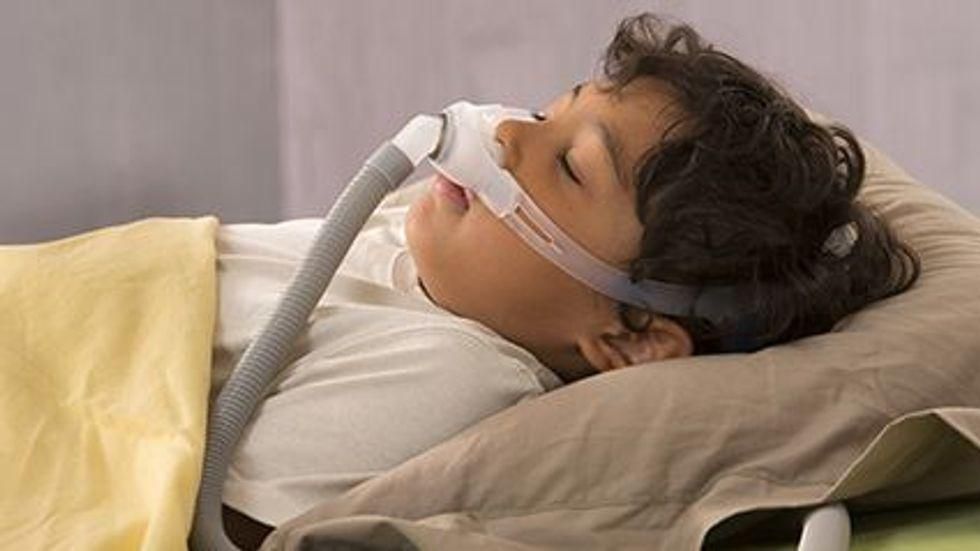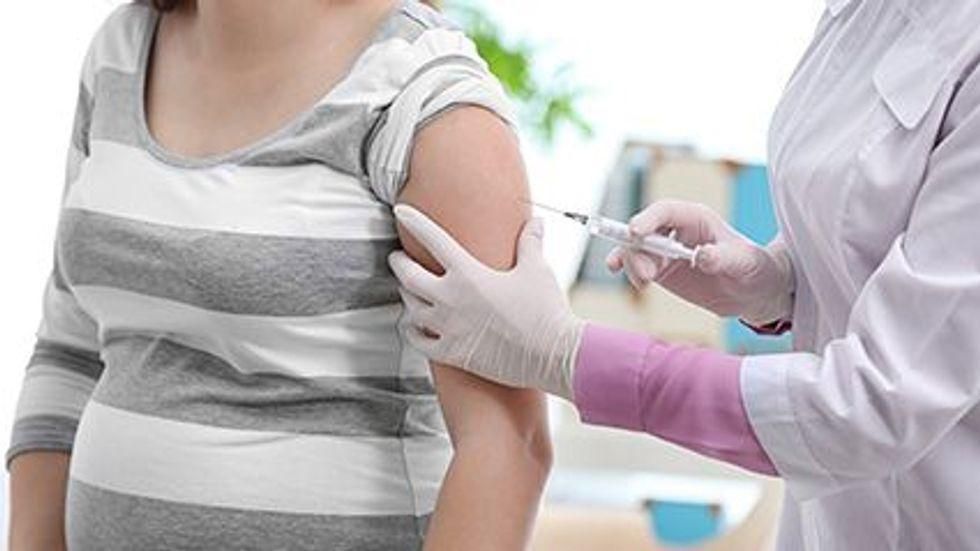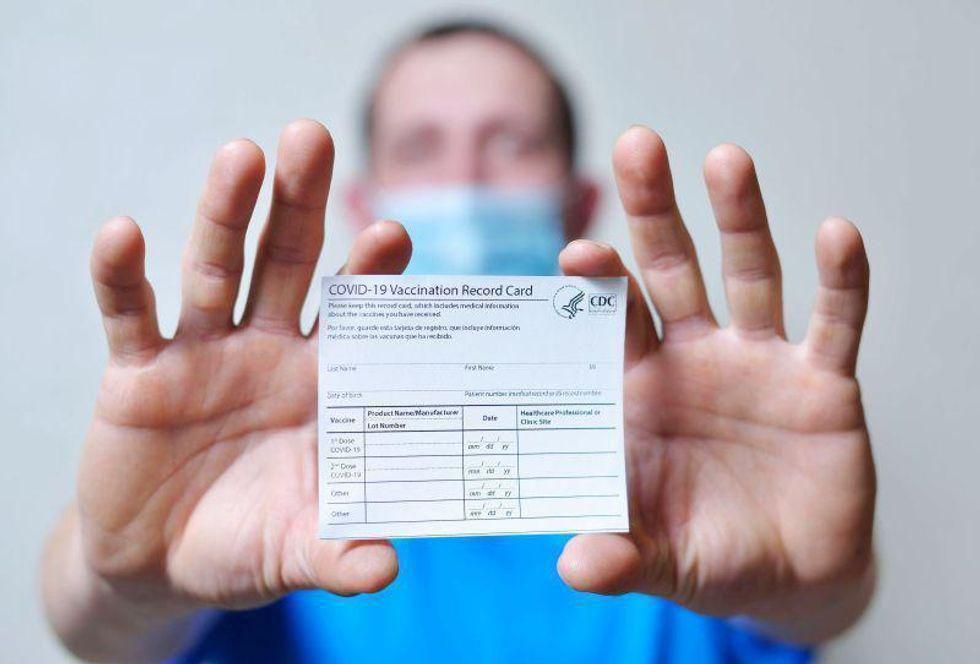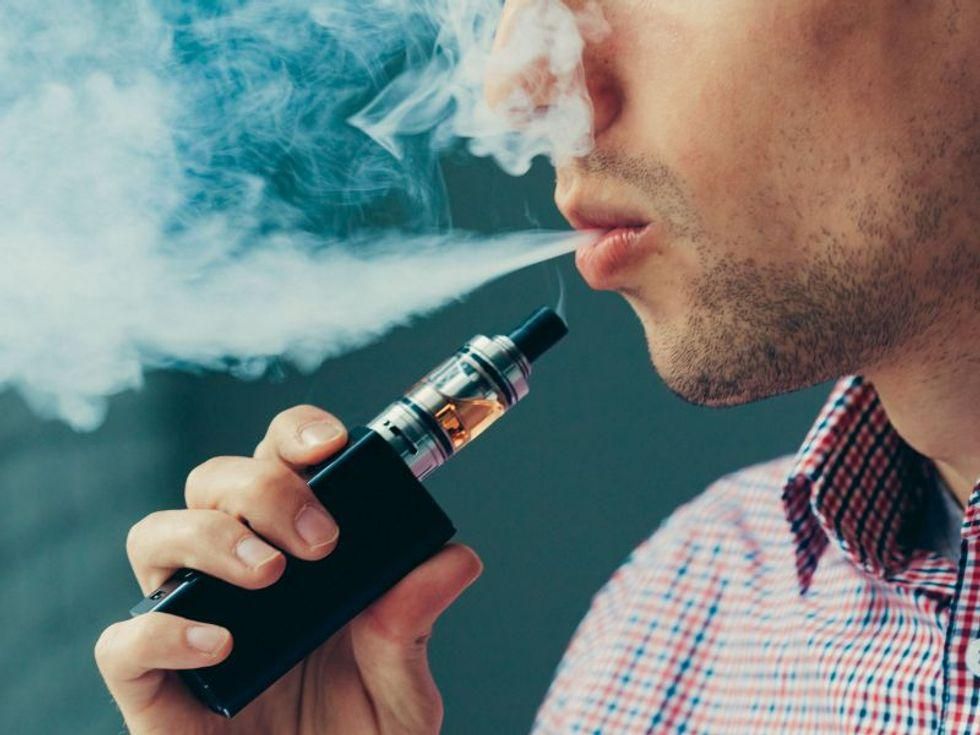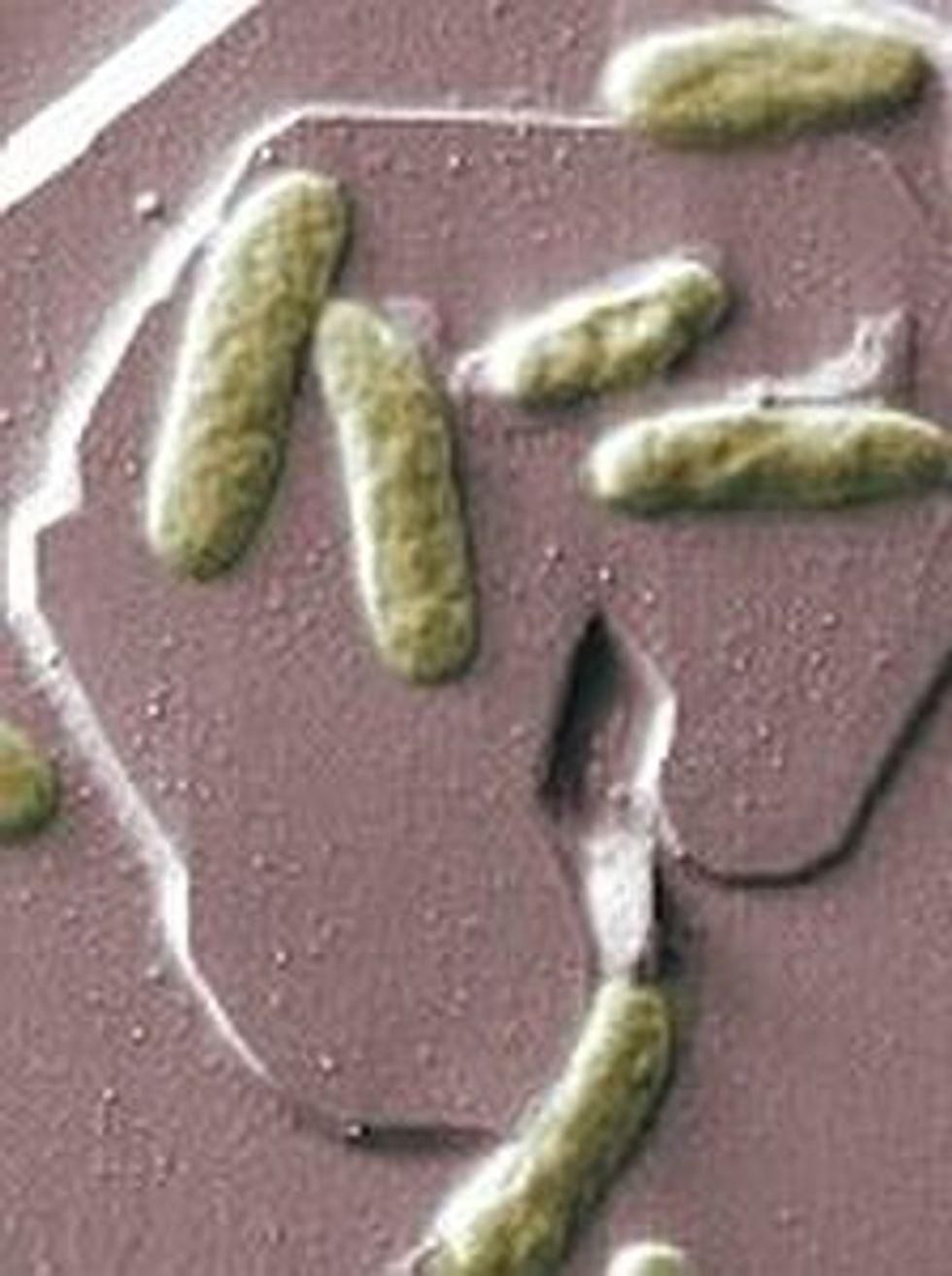
THURSDAY, Aug. 12California on Wednesday became the first state to require teachers and other school staff to provide proof of COVID-19 vaccination or else have to undergo weekly tests. The announcement, made by Gov. Gavin Newsom, comes as a growing number of public and private employers nationwide implement vaccination mandates amid surging COVID-19 cases driven… read on > read on >










